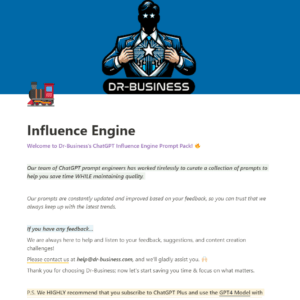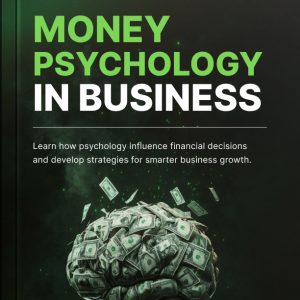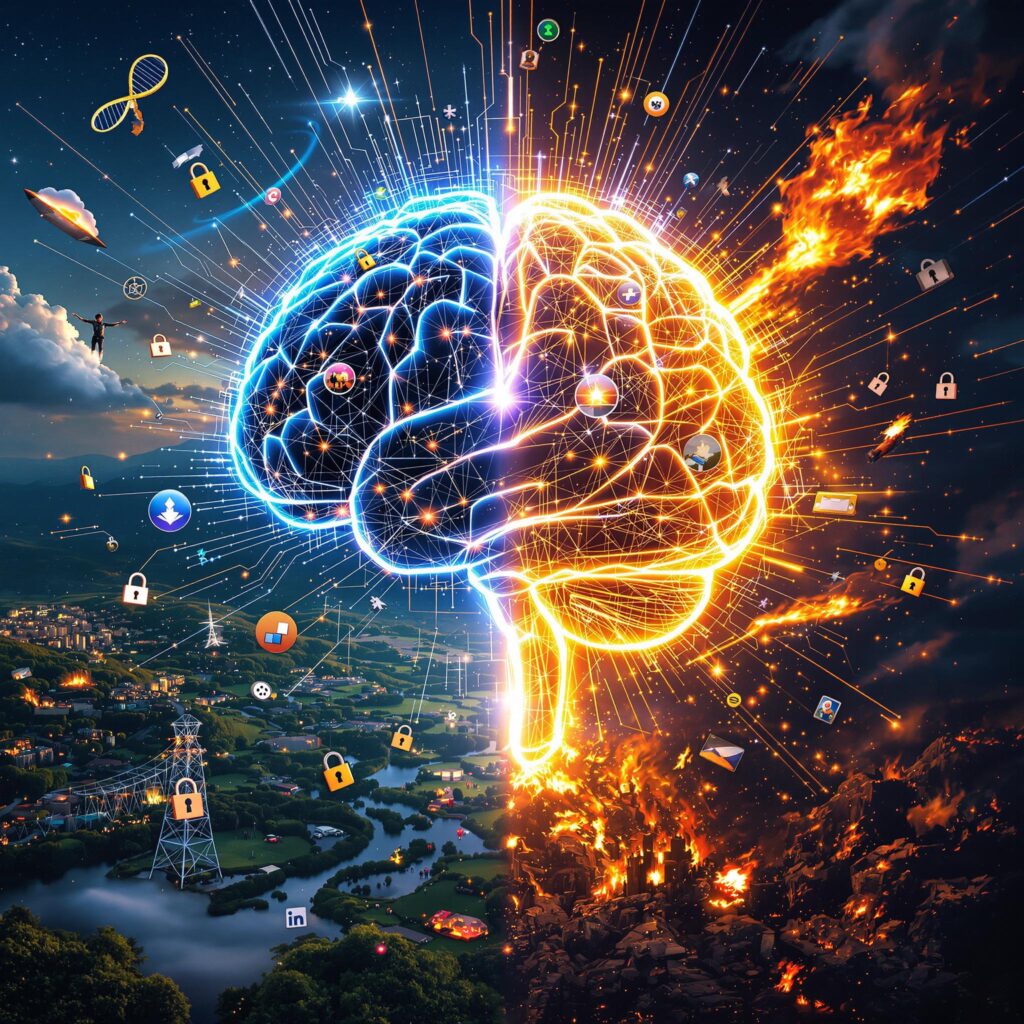Sam Altman’s Vision: Superintelligence Will Transform Work by 2025

The Age of AI and the Pursuit of Superintelligence
Sam Altman, CEO of OpenAI, recently made a bold declaration: “Superintelligence will be the most transformative technology humanity has ever worked on.” Imagine waking up in a world where your AI assistant has already sorted your emails, optimized your daily schedule, and drafted your next big project proposal before you’ve had your morning coffee. This glimpse into a potential near future highlights the profound technological shift we’re on the brink of experiencing. As OpenAI accelerates its mission toward developing Artificial General Intelligence (AGI) and, eventually, superintelligence, the world stands at the precipice of dramatic change. But what does this future hold for humanity? Will it usher in an era of abundance and innovation, or will it deepen societal divides and introduce unprecedented risks? This blog explores these questions while reflecting on Altman’s insights and what they mean for our collective future.
What is Superintelligence and Why Does It Matter?
Superintelligence refers to AI systems that surpass human cognitive abilities across every domain. Imagine a machine capable of brainstorming scientific theories or solving complex geopolitical problems in minutes, tasks that would take humans years to achieve. This unparalleled capacity for innovation underscores why superintelligence is such a transformative concept. Unlike today’s specialized AI tools, superintelligent systems possess the capacity for autonomous decision-making, creativity, and problem-solving at levels humans can only imagine. According to Sam Altman, achieving superintelligence isn’t a matter of “if” but “when.”
“We’re pretty confident that superintelligence will fundamentally transform humanity,” Altman stated in a recent reflection. OpenAI envisions this technology solving some of the world’s most pressing challenges, from climate change to breakthroughs in medicine. Yet, the road to superintelligence is fraught with ethical dilemmas, requiring unprecedented levels of responsibility and governance.
AGI in the Workforce: What 2025 Might Look Like
Altman’s confidence in building AGI is matched by his predictions for its integration into the workforce. “By 2025,” he suggests, “AI agents will begin materially contributing to company outputs.” Imagine a world where repetitive tasks—from data entry to customer service—are fully automated, freeing human workers for more creative and strategic roles.
While this future offers tremendous opportunities for efficiency and innovation, it also raises critical questions about job displacement and economic inequality. Entire industries may need to adapt rapidly, and individuals will face increasing pressure to reskill and upskill. For instance, in healthcare, AI could take over routine diagnostic tasks, allowing doctors to focus on complex cases. In manufacturing, automated systems might streamline production lines, reducing the need for manual labor but increasing demand for robotics engineers. Similarly, creative fields such as content creation or graphic design could see a surge in AI-assisted workflows, prompting professionals to master AI collaboration tools. Altman’s perspective highlights the duality of AGI’s potential: it can either enhance human productivity or create massive disruptions if not managed thoughtfully.
Opportunities vs. Risks: The Dual-Edged Sword of AI
The promise of superintelligence is staggering. It could accelerate scientific discovery, enable personalized healthcare, and even eliminate resource scarcity. Altman’s optimism is grounded in the belief that “AI has the potential to dramatically improve lives.” However, he’s equally candid about the risks.
“Superintelligence must be developed carefully and with robust oversight to ensure its benefits are maximized while its risks are mitigated,” Altman warns. Key risks include the misuse of AI for malicious purposes, loss of privacy, and the concentration of power in a few hands. OpenAI has proposed solutions such as independent oversight committees and partnerships with global organizations to establish ethical frameworks. These measures aim to ensure transparency and accountability while mitigating risks. Without clear governance structures and ethical guardrails, the very tools designed to improve humanity could inadvertently harm it.
OpenAI’s Progress: From ChatGPT to the Future
Reflecting on OpenAI’s milestones, Altman points to ChatGPT’s launch as pivotal. “ChatGPT demonstrated AI’s potential to transform how we work, learn, and communicate,” he remarked on the second anniversary of its release. This achievement is a technological milestone and a glimpse into what’s possible as AI systems become more capable and intuitive.
OpenAI’s journey underscores the importance of responsible innovation. Altman acknowledges the governance challenges OpenAI has faced and emphasizes the necessity of engaging the public in discussions about AI’s trajectory. This transparency, he argues, is critical to building trust and ensuring AI serves humanity’s best interests.
Conclusion: Navigating a Superintelligent Future
The path to superintelligence is both exhilarating and uncertain. As Altman envisions, “Superintelligence has the potential to improve lives dramatically, but only if developed responsibly.” The opportunities are vast, but the risks are equally significant. Society must prioritize ethical development, robust oversight, and collaborative decision-making to navigate this future.
This is not just OpenAI’s challenge; it is a collective responsibility. By staying informed, engaged, and proactive, we can help shape a future where AI serves as a force for good. Explore resources like OpenAI’s publications, join community discussions on AI ethics, or participate in workshops to understand the implications of these advancements. Together, we can ensure AI evolves as a tool for collective progress. The age of superintelligence is approaching. Are we ready to embrace it?


 محرك التأثير
محرك التأثير  حزمة محرك التأثير
حزمة محرك التأثير  دليل المسوق
دليل المسوق  مركز القيادة
مركز القيادة  Influence Engine
Influence Engine  Money Psychology in Business
Money Psychology in Business  The Marketer's Guide
The Marketer's Guide 


Responses